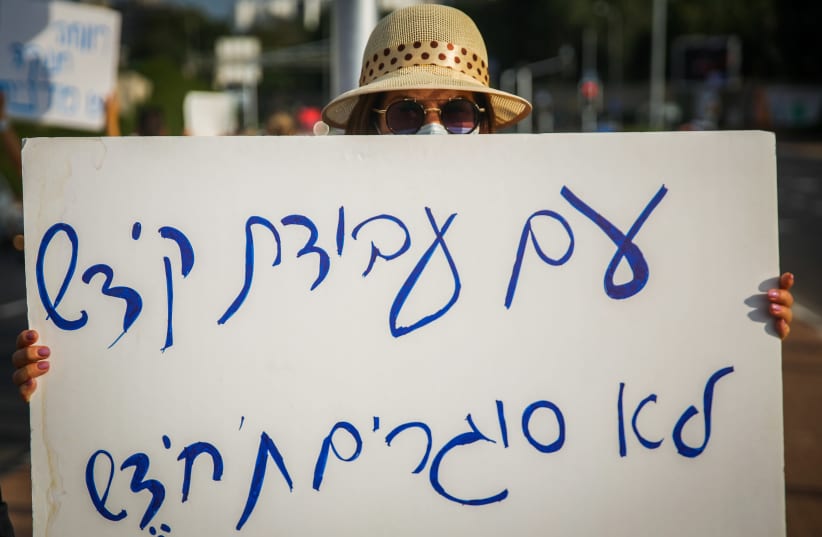"If the state and the government do not wake up and pay proper attention to the needs of social workers, this societal pandemic will blow up in our faces," warned Inbal Hermoni, president of the Israel Union of Social Workers.
These high numbers are similar to what statistics are like for social workers in Iran, according to the study conducted by Ben-Gurion University of the Negev (BGU) and UC Berkeley.
The study was conducted in order to better understand whether the needs of both the public and of the employees are being met in the social-work sphere.
Only about 42% of social workers reported feeling prepared and qualified enough to provide proper services to clients, while about 50% said that the majority of their work is "putting out fires."
Physical conditions in the workplace don't make this reality any easier, with 54% reporting subpar work environments.
A stark example is a lack of basic necessities, like soap and toilet paper.
Back in July, over 1,000 social workers went on strike for over a week, protesting their low salaries and the general lack of proper and necessary attention during the height of the coronavirus pandemic.
The pandemic and its resulting financial difficulties have hit every sector, and the area of social work is no exception.
Some 46% of social workers reported experience a budget cut in social welfare programs, while 36% reported the total closure and shutdown of projects.
Some 35% reported an expectation of their employment status taking a turn for the worse, despite Israel's largely successful vaccination campaign and partial re-emergence from lockdown and the resumption of normal life.
